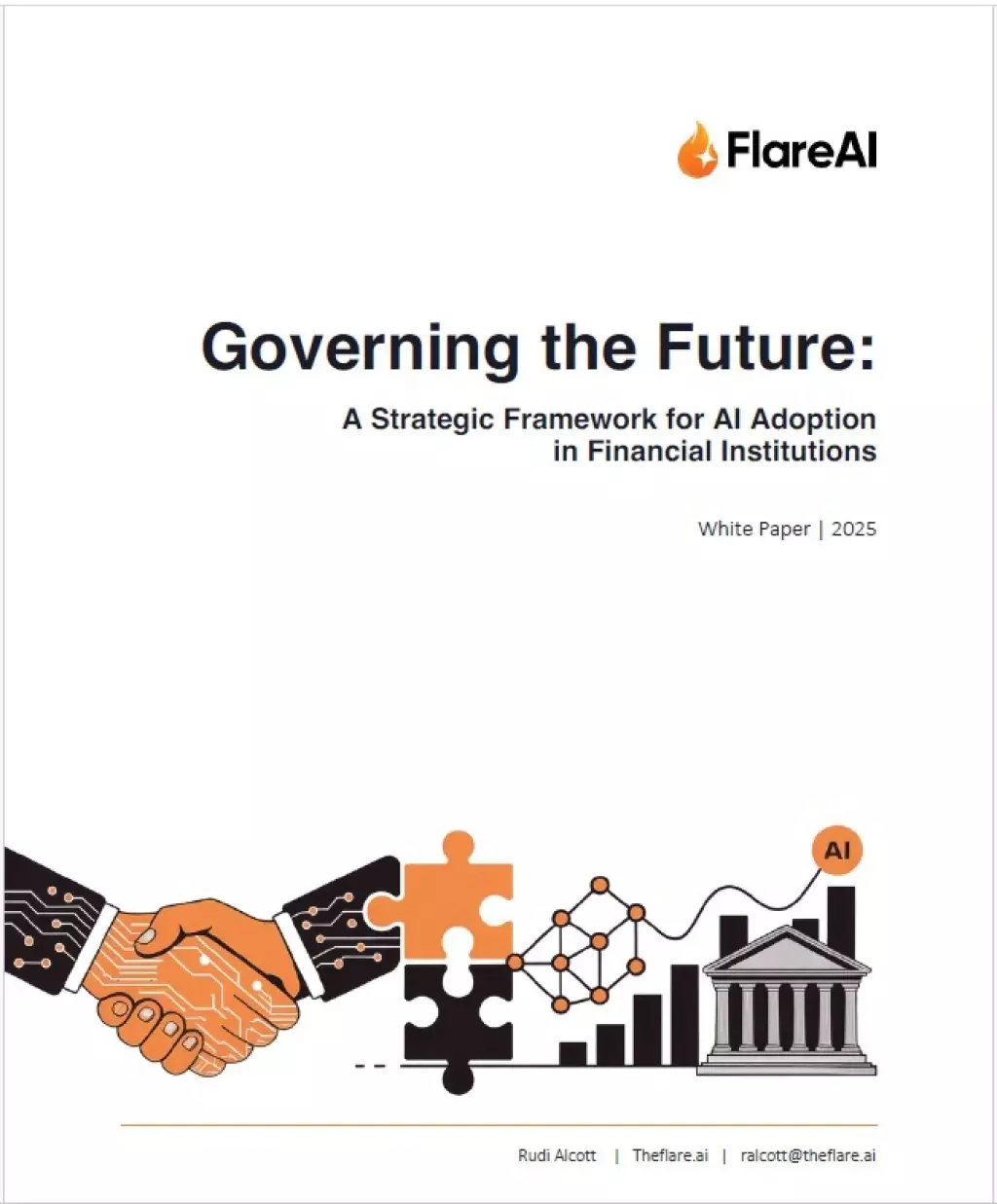Early Warning Services Proposes Plan to Combat Payments Fraud
Early Warning Services, the company behind Zelle and Paze, has submitted a comprehensive five-point plan to combat payments fraud in response to a request from the Office of the Comptroller of the Currency (OCC), Federal Reserve Board, and Federal Deposit Insurance Corporation (FDIC) for information on potential actions to address this issue. announced in a press release, the plan draws on the company's extensive experience in financial fraud prevention.
The proposed strategy includes establishing a cross-sector task force that involves financial institutions, payments providers, regulators, social media platforms, and telecommunication providers to coordinate proactive fraud prevention strategies. Additionally, it emphasizes the need for standardized information sharing across stakeholders to enable faster detection and coordinated mitigation of emerging fraud tactics.
Early Warning also advocates for enhanced sector-wide engagement and best practices across the scam lifecycle, involving social media and telecommunication providers. The plan calls for increased law enforcement coordination to facilitate real-time information exchange and joint response protocols, as well as continued investment in consumer education initiatives to equip people with the tools to recognize and avoid scams.
We hope you enjoyed this article.
Consider subscribing to one of our newsletters like Finance AI Weekly or Daily AI Brief.
Also, consider following us on social media:
More from: Finance
Subscribe to Finance AI Weekly
Weekly newsletter about AI in finance. Covers AI-driven trading, fintech innovations, and data analytics transforming markets
Whitepaper
Governing the Future: A Strategic Framework for AI Adoption in Financial Institutions
This whitepaper explores the transformative impact of artificial intelligence on the financial industry, focusing on the governance challenges and regulatory demands faced by banks. It provides a strategic framework for AI adoption, emphasizing the importance of a unified AI approach to streamline compliance and reduce operational costs. The document offers actionable insights and expert recommendations for banks with fewer than 2,000 employees to become leaders in compliant, customer-centric AI.
Read more
